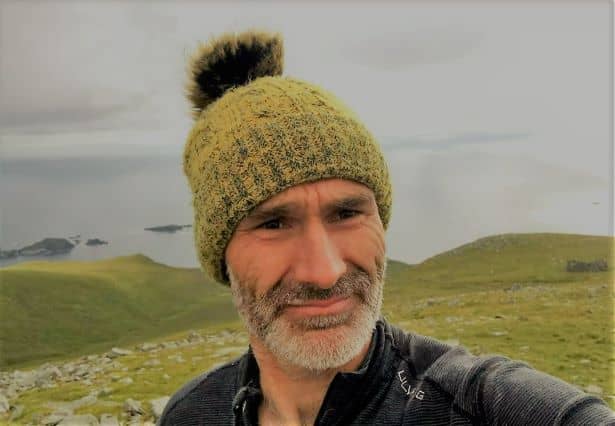Week 29: Efforts against illegal fishing
ASEAN and EU leaders and experts took decisive steps for marine protection and sustainable fisheries. The ASEAN Network for Combating IUU Fishing (AN-IUU) and the … Read more

I am not an oceanographer. Nor a marine biologist or meteorologist. I don’t have any degrees in natural science whatsoever.
Yet, I am concerned about the state of the ocean.
My connection to the ocean is windsurfing, so this blog will have a bit of that too.
The idea of the ocean as an inexhaustible resource is long gone. Well, at least it should be. We went too far; took most of its fish, dumped our garbage and polluted and heated it.
Now we need to strike the balance between the urgent need for renewable energy, minerals, food and carbon storage against the equally urgent need to preserve marine ecosystems.
Good news are easy to find too. Like the convention on biological diversity (the natural world’s "Paris agreement”) reached in December 2022 which included preservation of 30 per cent of the world’s oceans by 2030.
The accelerating development of offshore wind is another example of good news.
Some techno-optimists, companies and governments would firmly say yes. Offshore wind could provide 420,000 TWh electricity per year, which is almost ten times global electricity demand.
Others would ask; how will giant, noisy construction sites and rotors of 220 meters in diameter affect life below and above the sea surface? It’s complicated. No doubt.
I want to know how much we can take from the ocean to tackle the climate crisis with as little damage to the marine environment as possible.
ASEAN and EU leaders and experts took decisive steps for marine protection and sustainable fisheries. The ASEAN Network for Combating IUU Fishing (AN-IUU) and the … Read more
Monday [3 June], Greece announced its support for a moratorium or precautionary pause on deep-sea mining. The position comes as part of a new declaration between Greece and … Read more
My guiding question for Ocean2070 is: What we can and cannot take from the ocean to fix the climate crisis. I want to test how … Read more
The underwater environment, covering nearly 80% of the planet, is critical in maintaining ecological balance and supporting human well-being. Effective conservation relies on thoroughly understanding … Read more
Researchers have directly measured cold, deep water upwelling via turbulent mixing along the slope of a submarine canyon in the Atlantic Ocean. The results appear … Read more